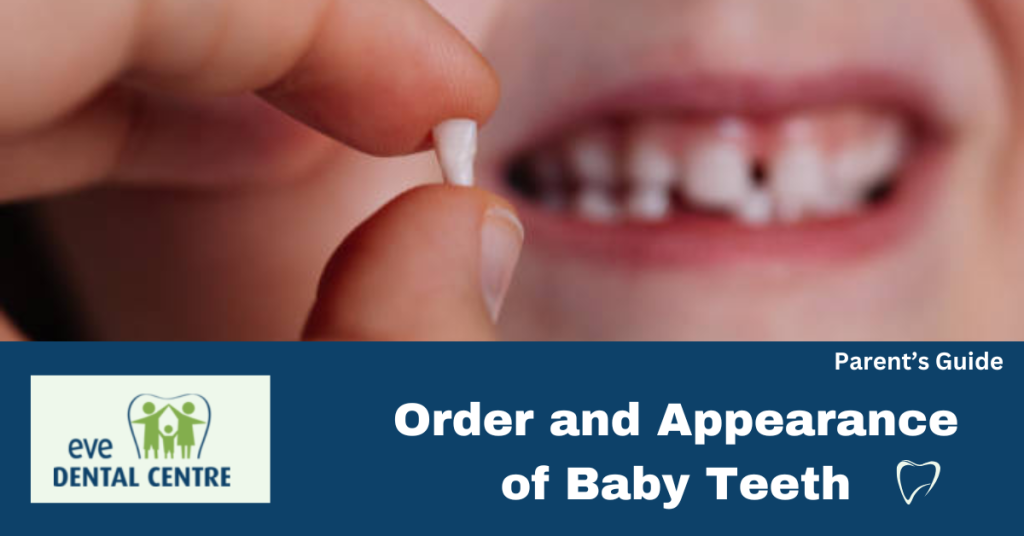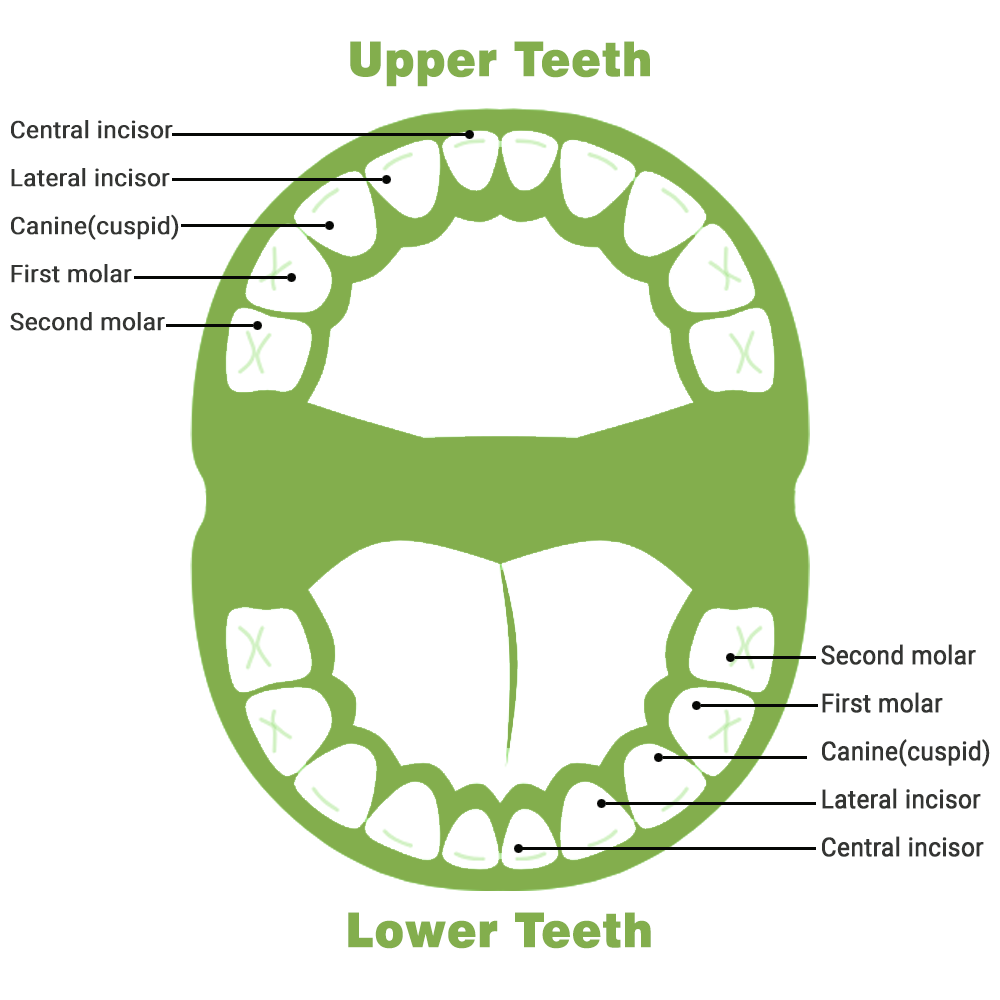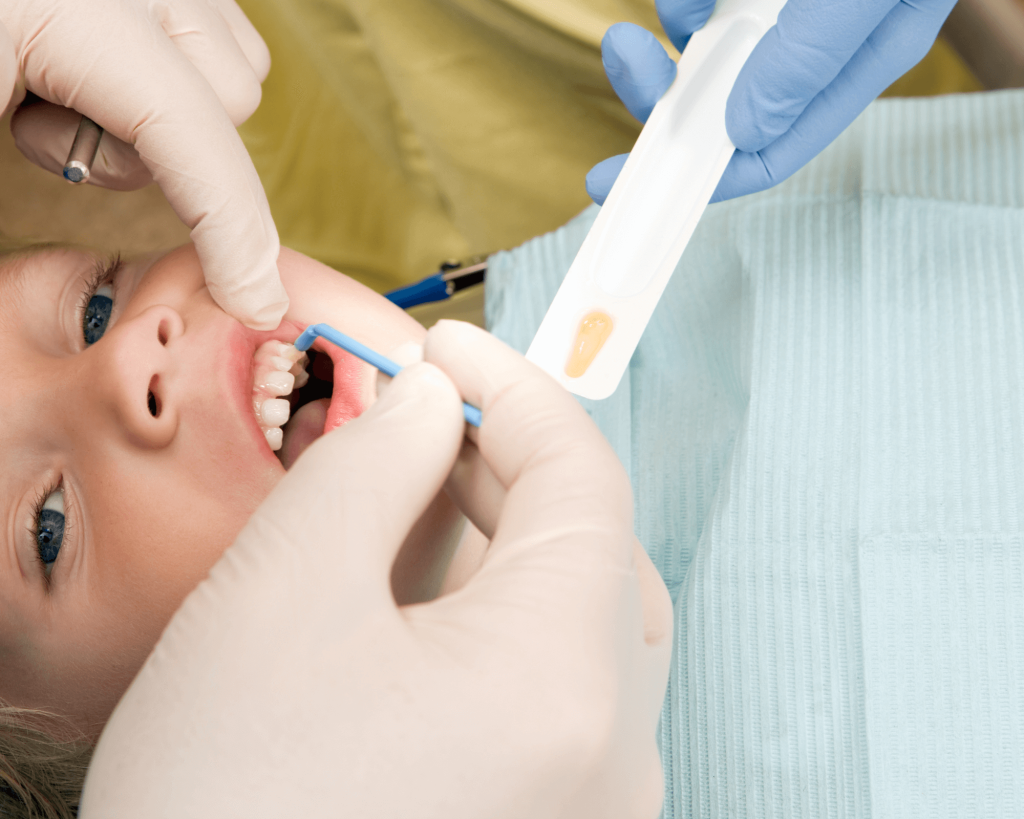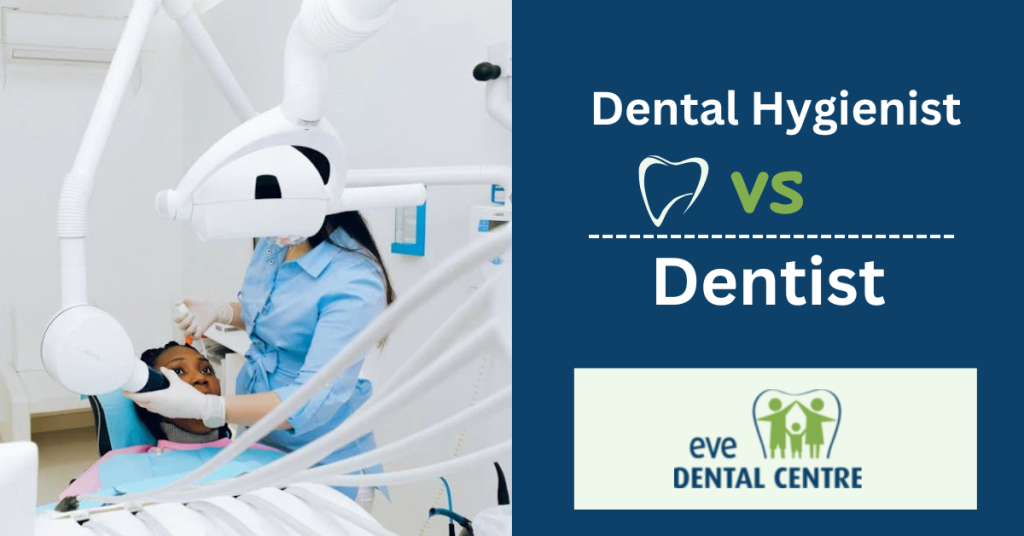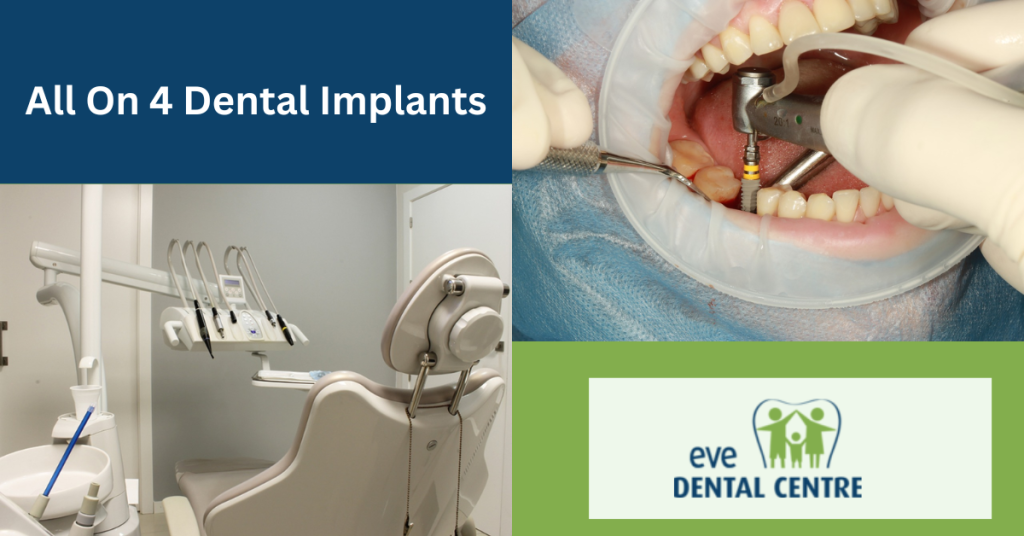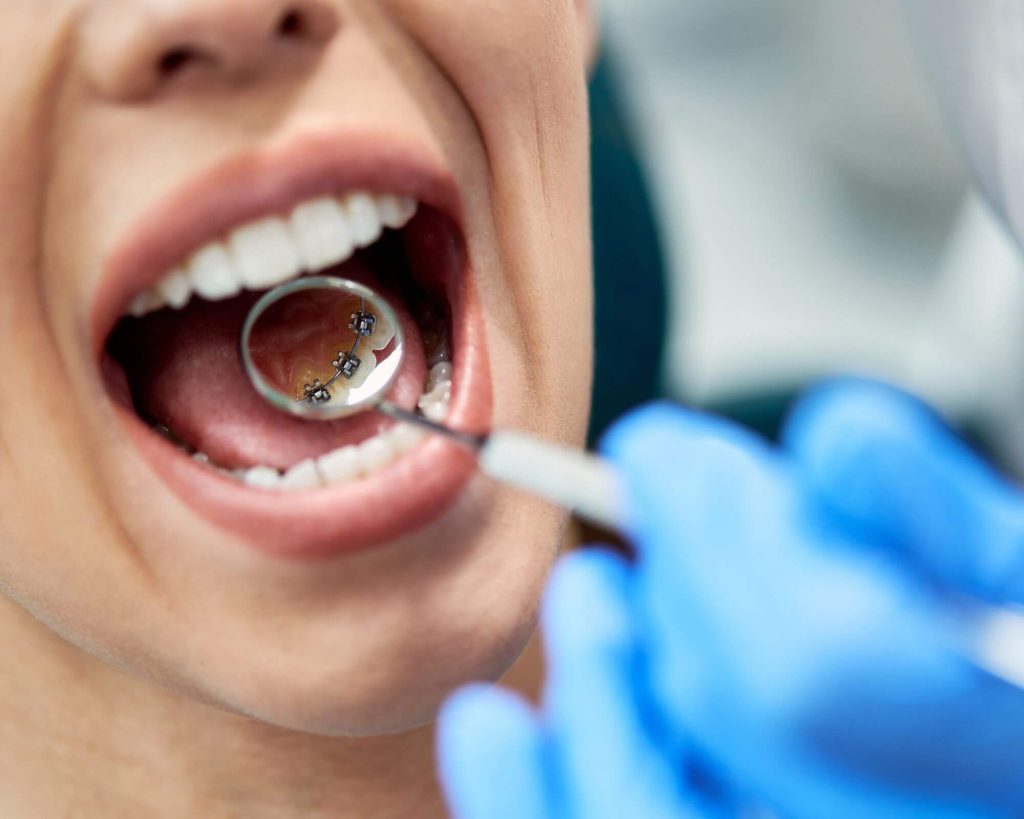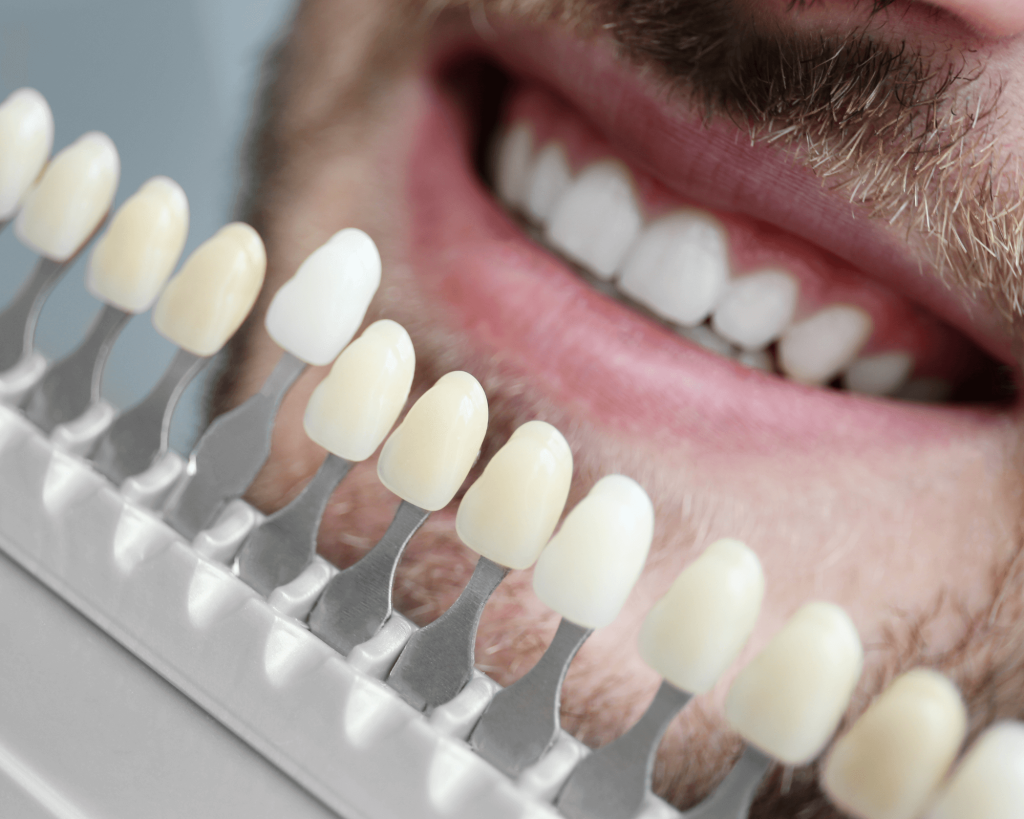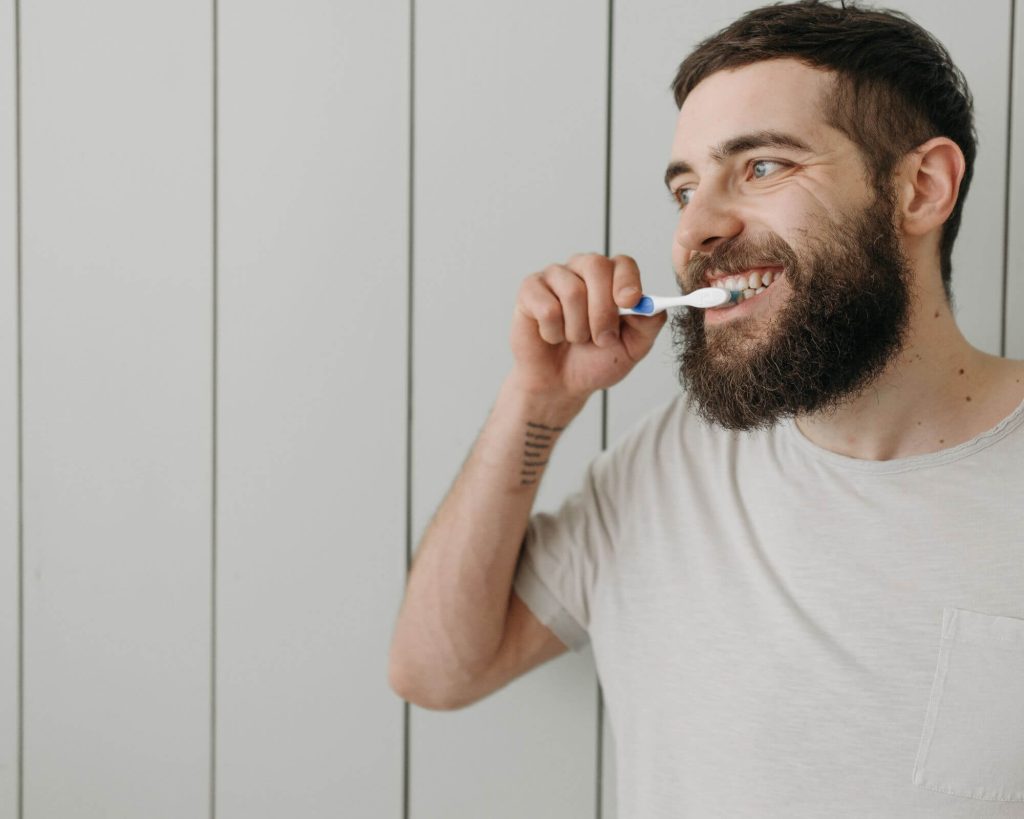Is It Okay to Eat After Brushing Your Teeth? How Long Should You Wait?
Oral health is important, and among the ways to practice good oral hygiene is by brushing teeth. A large percentage of individuals brush their teeth in the morning, but is it OK to eat after brushing teeth? Later in the day, many take meals without much thought to this.
But if you are asking yourself, Is it safe to eat after brushing my teeth? We are here with answers and pieces of advice from the dental experts. In general, whether it is morning or evening, the time gap that you take before your meals after brushing has a way of affecting your oral health.
The following sections seek to answer questions like, how long should one wait after brushing teeth, and whether is it okay to eat food immediately after brushing in the morning or at night? We’ll also talk about what is OK to eat and how to pick and choose the best foods for your oral hygiene program.
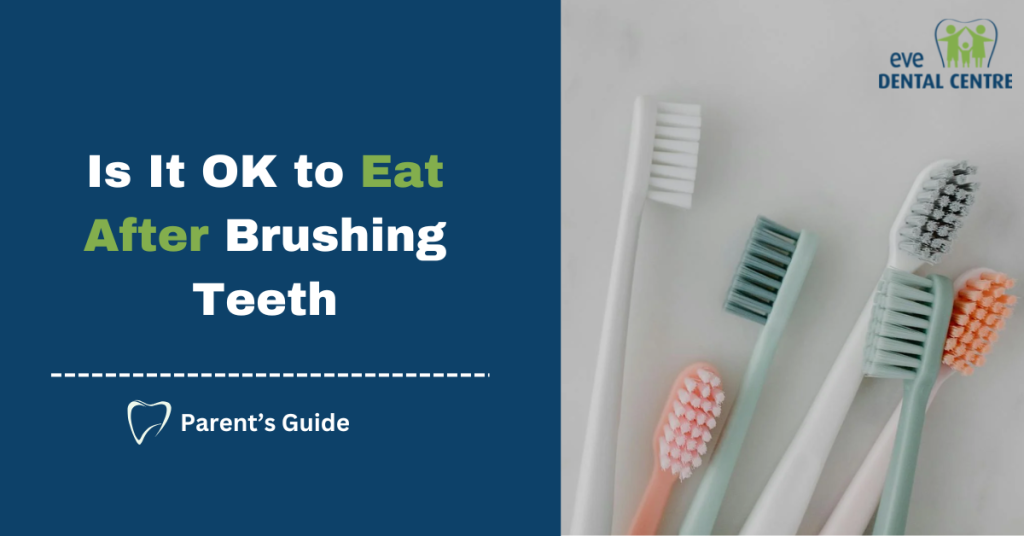
Why Do We Brush Our Teeth?
Cleansing the dental area is considered among the most vital measures that should be taken concerning oral hygiene. The main function of brushing is to remove plaque, a thin sticky layer of bacteria that accumulates on the gum line. Regular brushing not only helps maintain oral hygiene but also complements teeth whitening efforts by keeping your teeth free from stains and discoloration.
If it is not controlled then one may develop cavities, gum diseases, and even breath halitosis. These dental problems are eliminated by regular brushing because it knocks off the food particles and bacteria that form plaque. Also, brushing enhances circulation in the gums which leads to good gum condition and reduced inflammation.
Timing and effectiveness also have an important part to play while brushing. It is best to brush before your morning meal since it eliminates the bacteria that develop during the night. It is indisputable that during night time our mouths produce little saliva thus providing an environment for the undesirable growth of bacteria.
Brushing before taking breakfast ensures that there are no such bacteria as to spread them to the teeth through foods. What is more, it helps to wash the inside of your mouth and gives you a fresh sensation and improved breath.
Is It Bad to Eat After Brushing Your Teeth?
When one takes food soon after brushing his or her teeth it hinders the functions of the brush in protecting the teeth. The fluoride which is in toothpaste, coats your enamel when you are brushing and leaves it stronger in the process. Dealing with food almost immediately does this while eradicating fluoride, which makes teeth more susceptible to harm from food, acids, and even bacteria.
What Happens to Your Teeth After Brushing?
When you rinse, the teeth are clean and fluoride from the toothpaste coats the outer surface of the enamel. This barrier aids in your teeth and gums becoming harder, thus making them stronger against the attacks by bacteria, which cause the formation of plaque.
However, if teeth are cleaned immediately followed by food intake, be it a simple snack or an actual meal, one will have stripped this protective layer away or made it powerless to shield the teeth’s enamel against the substance.
For improvement of the density of enamel and to prevent cavities, fluorides are necessary. During the use of a fluoride brush, impurities in the tooth enamel are also strengthened by getting a chance to redeposit on the enamel instead of dissolving into acids and bacteria.
Cleaning provides a fluoride coating on the outer surface of the enamel to defend your teeth. This shield prevents acids as well as bacteria. Consequently, eating shortly after brushing removes the residue that contains the fluoride so less protection for the enamel to shield it from food and drinks.
The Impact of Eating Immediately After Brushing:
- Acidic Foods: Now, anything acidic including oranges, tomatoes or vinegar will automatically lower the pH of your mouth which automatically weakens the enamel. In particular, the enamel is weaker to acid attacks if you consume the food with sharp patience after the brushing. All dental work should ideally be done after waiting for at least 30 minutes because this gives the enamel another chance to strengthen.
- Sugary Foods: Through medication, it was known that sugar promotes bacterial growth in the mouth when it attacks your teeth, it releases acids that break your enamel. Therefore, relatively cold foods, especially those that are sweet, should not be eaten immediately after brushing the teeth when the fluoride is still intact, for germs can easily attack such teeth, and the teeth may be more vulnerable to decay.
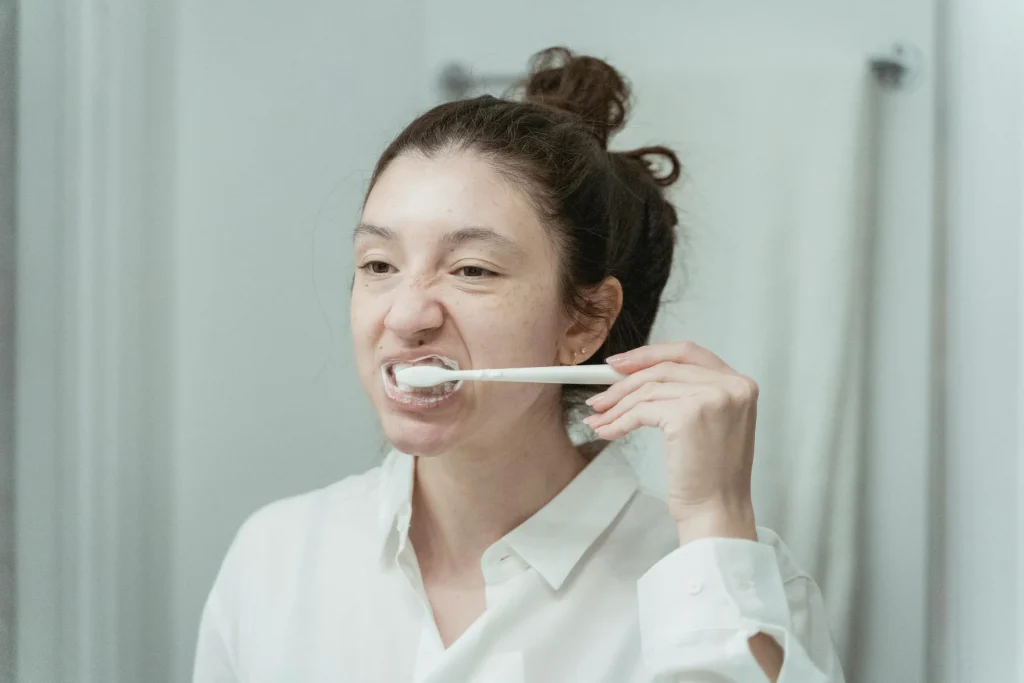
How Long After Brushing Teeth Can I Eat?
Normally one is advised to wait for about half an hour before you start eating again once you have brushed your teeth. This way the fluoride in the toothpaste that you use will effectively seal and support your enamel. It’s best to avoid eating directly after taking a drink because it reduces the thickness of your saliva and your teeth will be at the mercy of foods and bacteria.
- Recommended Waiting Time: The 30 minutes waiting period gives ample time for the fluorides in your toothpaste to react with your tooth enamel for the best result. At this time, your saliva also aids in breaking down acids and remineralizing your teeth. This stands for waiting because it retains and maintains that natural shield of teeth from foods after brushing them.
- Exceptions & Individual Factors: Although waiting for 30 minutes is advisable, some foods need to be consumed immediately after brushing. For example:
1. Soft Fruits (e.g., bananas, melons)
These fruits are not acidic and are not likely to alter the fluoride repletion or harm your teeth as most acidic foods do. They can be kind of eaten shortly after brushing without much harm.
2. Dairy Products (e.g., yogurt, cheese)
Yogurt and cheese are some examples of dairy products that are not damaging to our teeth and the Calcium that they contain renews enamel surface. These can be consumed even after one has brushed teeth in the morning without being harmed.
3. Low-acid foods (e.g., whole grains, nuts)
Most of the foods that are less acidic like whole grains and nuts are not assumed to be bad for your teeth when eaten after brushing. They will not dissolve the teeth’s outer structure (enamel) or demineralise the teeth.
Eating After Brushing Your Teeth in the Morning
Why It’s Important to Be Careful After Morning Brushing:
You must be concerned about “Is it okay to eat after brushing teeth in the morning?” People should be careful especially when they are having their breakfast immediately after brushing their teeth in the morning. Brushing wears down the enamel for a short time, thus leaving the tooth surface open to other dangers. This is why it is better not to eat anything immediately after brushing in the morning or evening. If the child eats or drinks anything soon after brushing there is a possibility that they will wash out the fluoride protection.
Foods Safe to Eat After Brushing in the Morning:
When posing the question “What foods are ok to eat after brushing your teeth? The answer is, of course, such foods as non-acidic and low-sugar ones. You can also drink water without any risk.
Non-Acidic And Low-Sugary Foods
Soothing foods including yogurt, smoothies or oatmeal are less likely to affect the health of your teeth and gums. These foods do not harm your teeth any further and will not interfere with the fluoride layer on your teeth.
Hydration
Water or any other non-acidic fluid such as herbal tea is safe for consumption after brushing. These choices will stipulate your mouth and wash it in a manner that does not affect the fluoride coating. Therefore, it is quite acceptable to take water or any herbal tea after brushing your teeth in the morning.
Therefore, even though it is acceptable to eat after brushing your teeth in the morning, there is a need to wait for some time before eating. Choose soft foods and drinks that do not harm the teeth to help you reap the full benefits.
Eating After Brushing Your Teeth at Night
Why Eating After Brushing at Night Is More Concerning
Night eating or more precisely eating after one has brushed teeth in the night is particularly dangerous because bacteria can grow overnight when there isn’t saliva. Essentially, a long time for bacterial growth leads to the formation of plaque and subsequently decay of the teeth. Is It OK to Eat After Brushing Teeth at Night? NO, because it interferes with the shield that brushing offers and also causes harm to the enamel during the night.
Foods Safe to Eat After Brushing at Night:
That leads to another question: if one has to eat after brushing teeth at night, then what foods are safe to eat after brushing your teeth at night? Choose products that will not form a plaque layer or introduce juices, such as vegetables, whole-grain products or dairy products. Because of this, these foods have a weak ability to nourish pathogenic bacteria or cause tooth decay.
The Best Practice:
Brushing before bed is more crucial than in the morning because the best times create a clean teeth environment by getting rid of food debris and plaque and leaving them shielded all night. Can you eat food after brushing your teeth at night? It is desirable not to eat after brushing at night; however, if you do, make sure, it is not very bad for your teeth. That is why, the question of whether it is permissible to eat right after brushing teeth in the morning is less debatable because teeth are not exposed to bacterial growth during night.
Foods to Avoid After Brushing Your Teeth
- Acidic Foods (e.g., citrus, tomatoes): Acidic foods comprise oranges, lemons or tomatoes which also dissolve the enamel leading to susceptibility to decay in case you take foods shortly after brushing your teeth.
- Sugary Foods & Drinks: Starchy foods lead to the multiplication of bacteria that form acids that cause tooth decay. Ingesting sweet foods immediately after a brush can compromise the protection provided by the enamel-strengthening fluoride and promote bacterial action.
- Highly Processed Foods: These foods for instance crisps or processed meats, are likely to have some deposit behind after consumption. They are normally associated with high levels of salt and other unfavourable types of fats that lead to the formation of plaques as well as tooth decay. Is it wrong to take food just after brushing your teeth? Well, some of these foods may cling to the teeth and cancel the work of the brush.
What to Do if You Have to Eat After Brushing Your Teeth
When Eating Is Necessary:
Sometimes it is necessary to eat after brushing your teeth during the late evening snack, or breakfast for example. In such conditions, it becomes crucial to pay much more attention to the conservation of the enamel.
Precautionary Measures:
- Drink Water Immediately After Eating: It’s important not to drink water immediately after taking food because this will help wash foods away from our mouth and thus prevent plaque formation.
- Use Mouthwash or Rinse with Fluoride: Though rinsing with a fluoride mouthwash creates more saliva production, which in turn erodes the teeth, it aids in protecting them as well as retains the advantages of the enamel strengthening that comes with brushing them.
- Use Sugar-Free Gum: After consuming a meal, sugar-free gum can promote the flow of saliva which both aids in the washing of food particles and fights acid production.
How to Protect Your Teeth and Maintain a Healthy Oral Hygiene Routine
Best Practices for Brushing and Eating:
- Brush Teeth at Least Twice a Day: It is necessary to clean teeth not less than two times a day. It is useful after breakfast and before going to bed.
- Avoid Brushing Too Soon After Eating Acidic Foods: How soon after brushing your teeth is it possible to be able to take food? To avoid worsening the situation created by softened enamel, a person should wait at least half an hour after having meals containing acids before brushing.
- Regular Dental Checkups and Cleaning: Periodic examination and cleaning are essential in keeping the teeth healthy and disease-free. These make sure you fix any possible problems before they occur and maintain good oral health of the teeth.
The Role of Diet in Oral Health:
Good nutrition, as previously discussed, is crucial in the healthy functioning of the human body and this also applies when it comes to teeth. What are some foods that one may take after he or she has brushed their teeth? Strong cheeses, spinach, peanuts, and foods that do not contribute to acidifying the mouth or increasing your sugar intake, all contribute to a healthy enamel. What is allowed to be consumed after brushing the teeth at night? The same foods are harmless when taken at night because they do not contribute to the formation of plaque or weaken the enamel.
Final Thoughts on Is It OK to Eat After Brushing Teeth
Brush your teeth at least twice a day, do not eat or drink after brushing your teeth, and eat healthy foods. It is safe to eat food after you evaluate your oral dental hygiene in the mirror and with a toothbrush, right? To save your teeth, it is safe to wait sometime.
All foods are best eaten after a few minutes of brushing. Avoid any food and drink that is acidic or high in sugar content. Apart from brushing your teeth, always ensure that you maintain your proper diet to have strong enamel on your teeth as well as a good smile.

